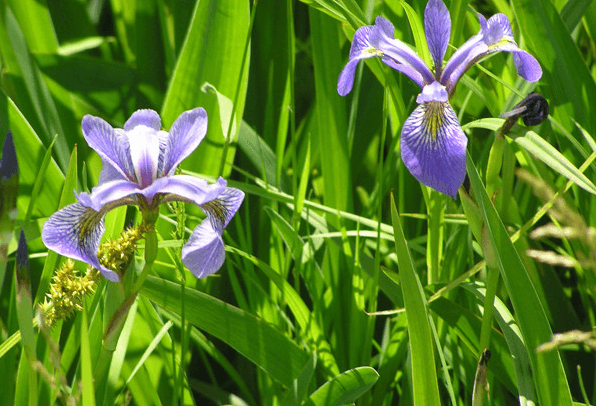Nettle: Urtica Dioca, Stinging Nettle

Part used: Root and leaves
Pectoral, duretic astringent, tonic, styptic, rubifacient
Nettles contain iron, sulphur, potassium and sodium. Nettles are excellent for kidney trouble. They expel bladder stones, increase flow of urine. Also excellent in a reducing diet when used with sea wrack. The boiled leaves applied externally will stop bleeding almost at once. A poultice of the green leaves will relieve pain, but will blister if left on too long. Good in diarrhea, will expel worms. Tea of the root is used in dropsy, in the first stages , in hemorrhaging from urinary organs, lungs, intestines, stomach and nose. Tea from leaves will clean out urinary tract. Will bring back natural colour. Also removes dandruff. Simmer for thirty minutes. Use as a final rinse after shampoo. Massage well into scalp. Leaves may be boiled in vinegar for the same results. The green leaves, cooked like spinach, make a good blood purifier. The prickles of the plant contain formic acid. Seeds and flowers macerated in wine are given for ague. Nettle will also increase the menstrual flow. A strong cup of nettle, combined with wild cherry bark and blackberry root, is especially helpful in summer complaint of children and bowel trouble of adults. A man of 80 years in England attributed his thirds set of molars to having eaten nettles and dandelion leaves. These may have helped, but other food factors than are found in these two herbs would be necessary to grow a third set of teeth. General nutrition as well as the forming of teeth is dependent upon the maintenance of a proper ratio between calcium and phosphorus. Neither nettles nor dandelion leaves contain phosphorus.

